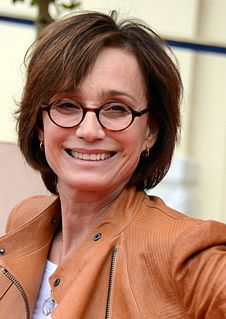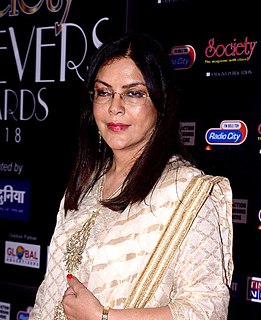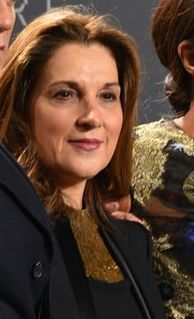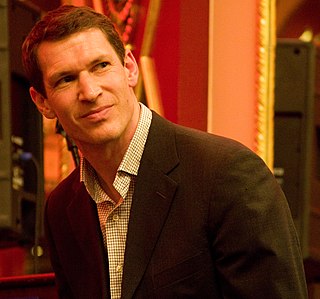A Quote by Kristin Scott Thomas
When you make a film, you sign a contract with somebody, and it's not only legally binding but morally binding. You agree to give this man a certain number of weeks of your life, and you just go for it as much as possible. Because, whatever happens, the film is going to come out, so you might as well try very hard to make it a good one.
Related Quotes
The one mistake you must never make is to agree to make a film or sign on to film that you don't believe in. Most importantly because it's unfair on that. It's not about you; it's just not fair on that project because you're doing it a profound disservice because you're not serving it - you're uncommitted, ultimately.
There is something that might be called cinematic beauty. It can only be expressed in a film, and it must be present for that film to be a moving work. When it is very well expressed, one experiences a particularly deep emotion while watching that film. I believe that it is this quality that draws people to come and see a film, and that it is the hope of attaining this quality that inspires the filmmaker to make his film in the first place.
It's a privilege. It's a real honor. It's a challenge. Michael and I always feel we stand on tall shoulders when we make these films. Audiences come to them with a lot of good will because of what's come before. We just try to make the best film we can, each time, and hope that we satisfy the fans. I'm sure, with Skyfall, that we will. I think it's a terrific film. I hope the audiences enjoy it, as much as we've enjoyed making it.
I think a lot of people go into filmmaking thinking, "How can I make a career?" And so when they make their first film, they make it thinking, "Well, this'll be the one that gets me to the place where I can make the second film the way I want to make it, and that'll get me to the place where I can make $100 million on the third film." And I thought, "Well, if I put sustainability at the bottom of my priority list, then what opportunities is that going to free me up to pursue?" And that's what I've always done.
I wasn't actually going to see the original film [Lord of the Ring], because I didn't think it was possible that a film could represent the books appropriately. So I was protesting, and I wasn't going to see them. And then my family all took a jaunt together, the entire family, to see the movies, and were like, "What, you're just going to stay home?" So I saw the movies and was thoroughly impressed that Peter Jackson managed to make my vision of the book come to life, as well as my sister's and my father's, and my aunt's and my uncle's, everyone's.
I'm not trying to be self-serving, but you know, you get to Hollywood, and if you want to make something big and loud and dumb, it's pretty easy. It's very hard to go down there and make a film like 'Sideways,' which I thought was a great film. They don't want to make films like that anymore, even though that film was very successful.




































